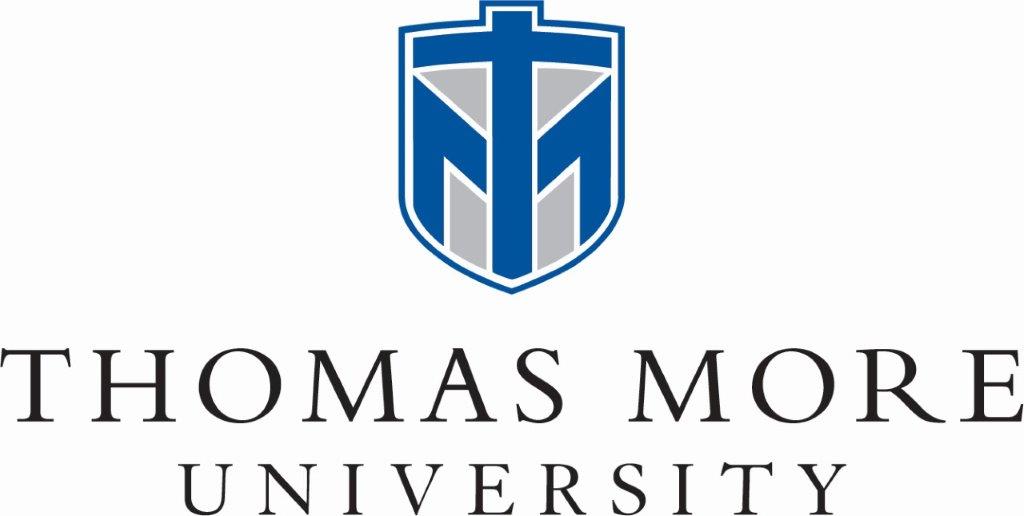
All full-and part-time staff employees.
The purpose of this Policy is to provide expectations and guidelines which define acceptable attendance and punctuality expectations for all University staff employees (hereinafter “employees”).
Excessive Absences: is defined as two or more occurrences of Sick Leave related absence or unexcused absences in a calendar month. Such excessive absenteeism is subject to corrective discipline. Any eight (8) occurrences of Sick Leave related absenteeism or unexcused absences in a calendar year may be considered grounds for discharge. This does not include absences as protected by law.
Excessive Tardiness: is defined as three or more instances of lateness in a calendar month and is subject to corrective discipline. Any twelve (12) instances of lateness in a calendar year may be considered grounds for discharge.
Unexcused Absence: An employee’s absence will be deemed unexcused when an employee fails to call in, gives a late notice, fails to give advance notice for an absence which could be anticipated, or fails to provide proper notice in compliance with this Policy or the University’s vacation or sick leave policies as applicable. Use of vacation or sick time for an unexcused absence does not necessarily guarantee that it will be considered excused.
Because every job is essential to the operations of the University, and since other employees depend on their co-workers to be on the job as scheduled, regular attendance and punctuality is expected and required.
If absences or tardiness become excessive, the employee will be subject to disciplinary action, up to and including termination, based on the frequency of occurrences within a defined period of time.
Staff Corrective Action and Discharge Policy
Sick Leave Policy
In the event that an employee is delayed or must be absent from duty for any reason, the employee must notify his/her supervisor before the start of the shift or as soon as reasonably possible given the circumstances in emergency situations explaining the circumstances and probable duration of the absence. An employee is expected to notify his/her supervisor in such a manner each day of the absence. Failure to give proper notification of the employee’s absence will be reason for disciplinary action.
An employee’s absence without notification from two consecutive scheduled work periods is considered job abandonment and normally will result in dismissal.
|
Date |
Supersedes Policy |
Summarize Change |
|
September 2018 |
This is a new policy, replacing language in the Staff Manual (May 2014). |
|
There are no appendices to this Policy.
Laura Custer, Director of Human Resources
Dr. Kathleen Jagger, Acting President